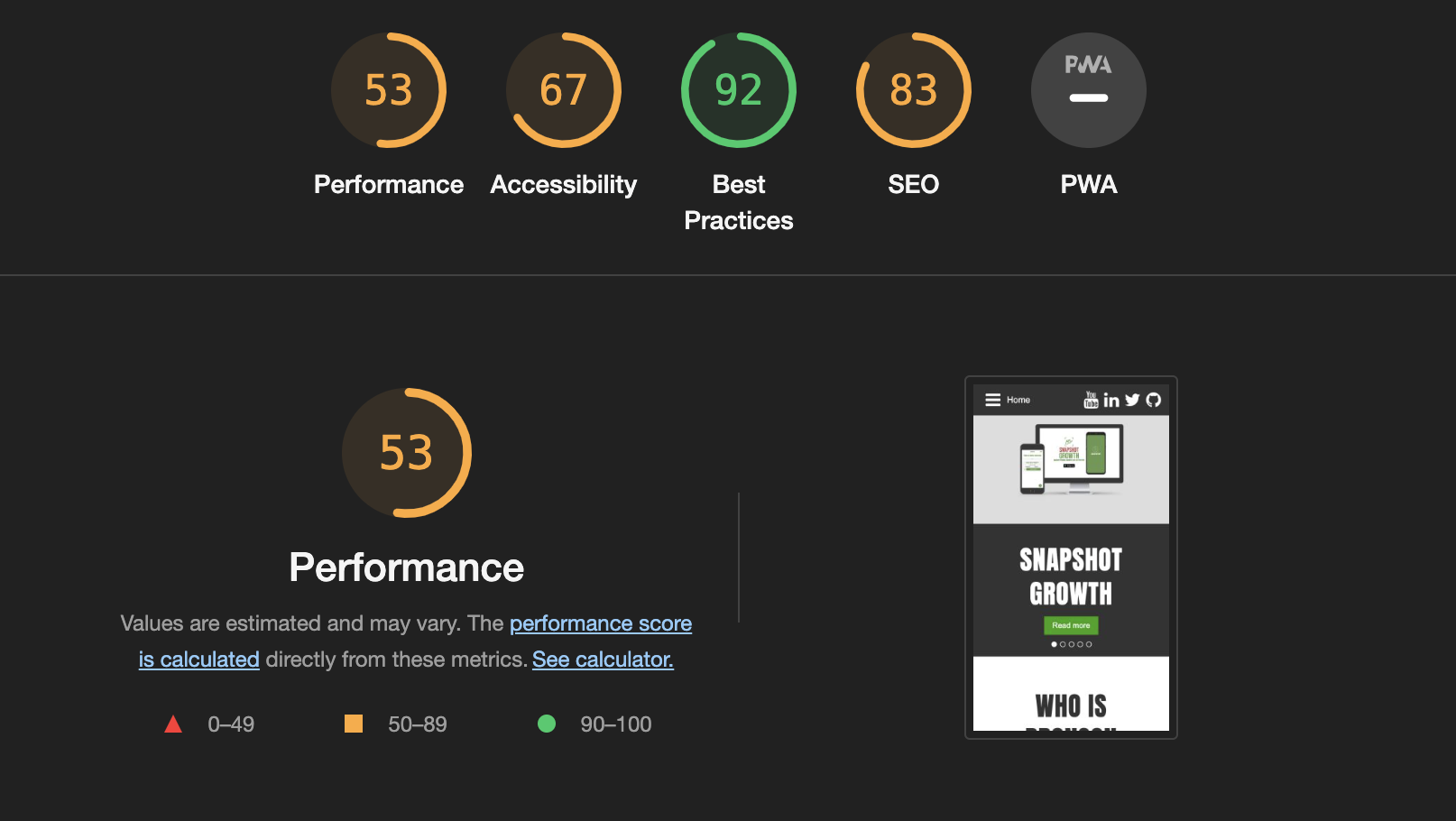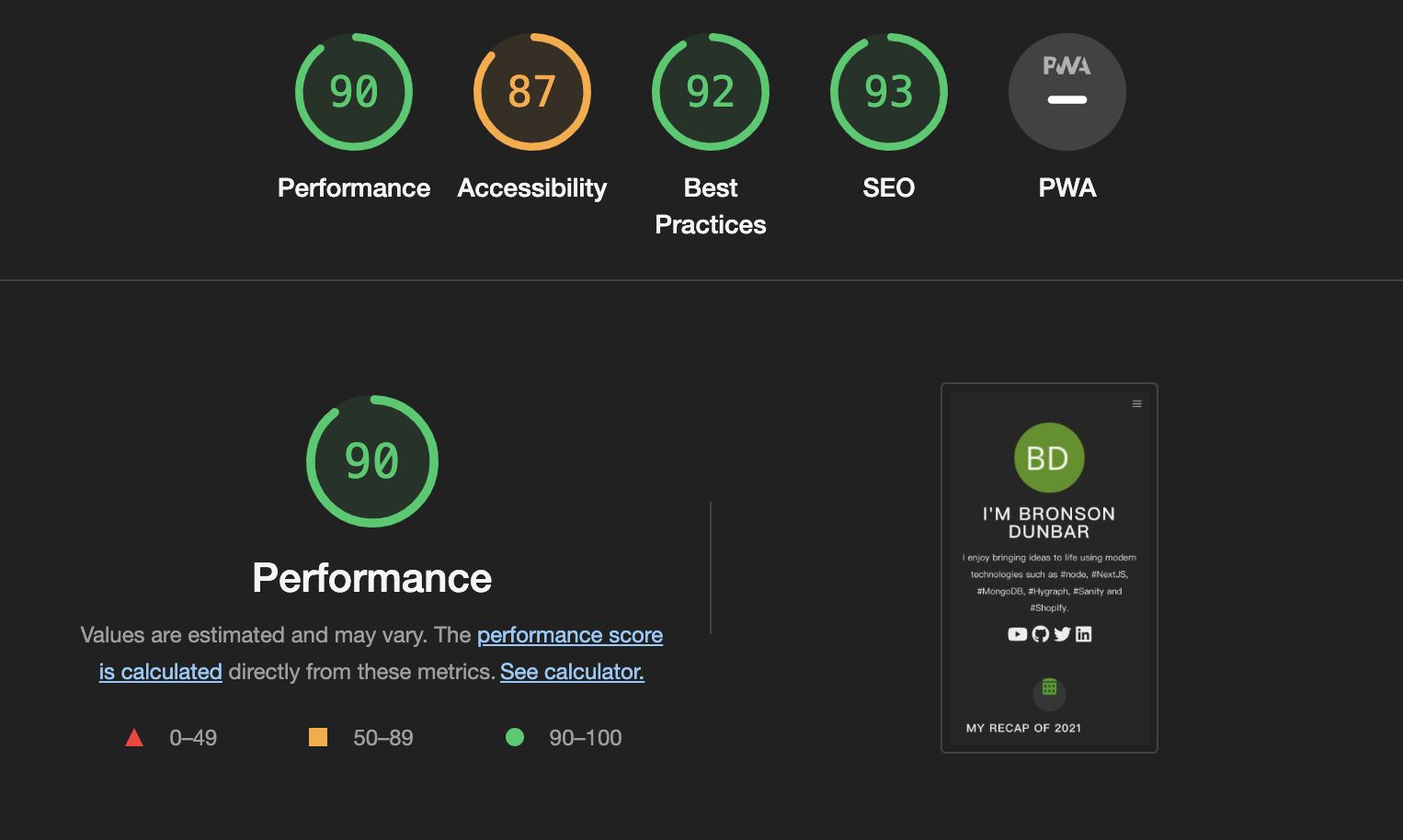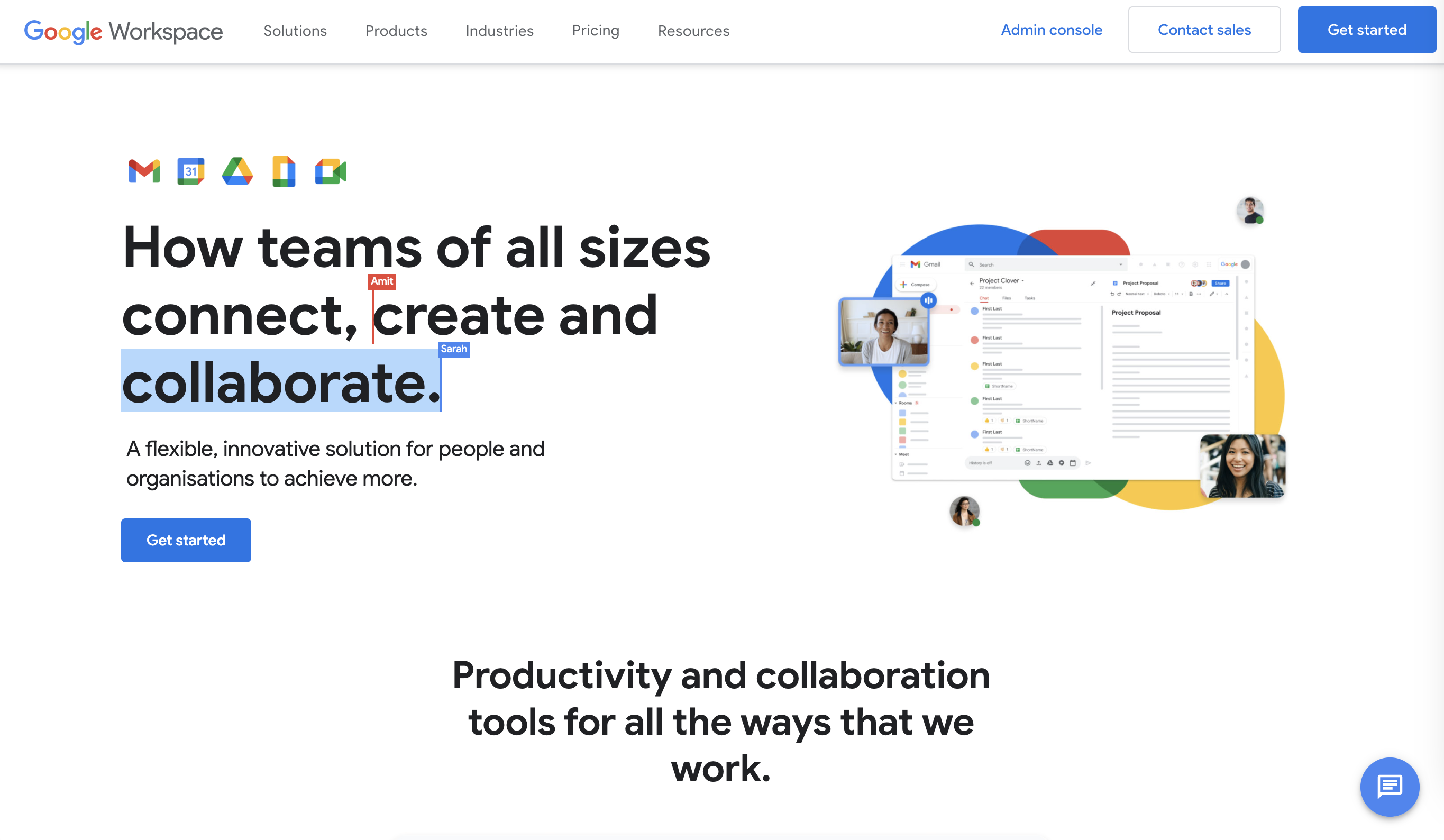Goodbye WordPress!
Table of Contents
The time to move away from WordPress had come and it was the right decision.
Recently I have been able to use and learn newer technologies such as React, Next.js, gatsby, GraphQL, etc., and was waiting for the opportunity to use these technologies to redo my website as WordPress felt very outdated every time I wanted to make a change or update something.
Eventually, the day came when I had some free time to update my website and use something better than WordPress. My initial choice was Next.js as it is one of the frameworks I have been using often and like because of the ease of use.
But I came across another framework that delivers faster build times than Next.js and felt easier to use in my case so I decided to go with Hugo in conjunction with Forestry.io as the content management system and Netlify for hosting and deployment.

I have been a proud supporter of WordPress as one of the best options to use for creating a website or blog but I believe the time has come when it is no longer the best option to use as there are much better choices available that offer bigger benefits with fewer costs.
Costs
One of the most important reasons for moving away from WordPress was the costs involved with hosting a WordPress website as well as the tedious process of making updates, especially if it was theme related.
If you decide to host your WordPress website yourself there will be costs involved which can be avoided if you use a newer technology with a service like Netlify.
After I updated my website to use Hugo my hosting costs are zero.
Performance
My next reason for moving away from WordPress was performance.
I ran Lighthouse reports with WordPress and then with Hugo and the difference is significant as you can see below. Performance not only results in a better experience for users but it will also improve your SEO


GitHub Intergration
Another thing that makes my life easier now is that everything is easier to manage as everything is linked to GitHub, the assets, content, and deployments.
I no longer need to set up backup services for my content using WordPress plugin.
Updating or changing something on my website is a lot quicker and easier now not to mention the incredibly fast building times with Hugo.
Also, I can create all the content for my website in Markdown which is more comfortable for me than using a WYSIWYG editor.
There was a final catch that I needed to deal with to make the transition complete and that was my email.
The company I was using to host WordPress included my email in the hosting package I was using and because I wanted to cancel the hosting I had to search for another service for my email.
After doing some research I decided to go with Google Workspace as it seemed to offer the best value for money along with security and reliability.

And that was the last step, I now have a website that uses better technology, is faster, easier to manage, and costs less. WordPress served me well but it was time to move on.
This is a quick breakdown of the costs for my website while using WordPress and then after:
WordPress
- Domain & hosting $90 avg/per year
Hugo
- Domain $11 avg/per year
- Google Workspaces $6 avg/per month
I hope you have enjoyed this post and found it useful. If you have any comments or suggestions please let me know below.